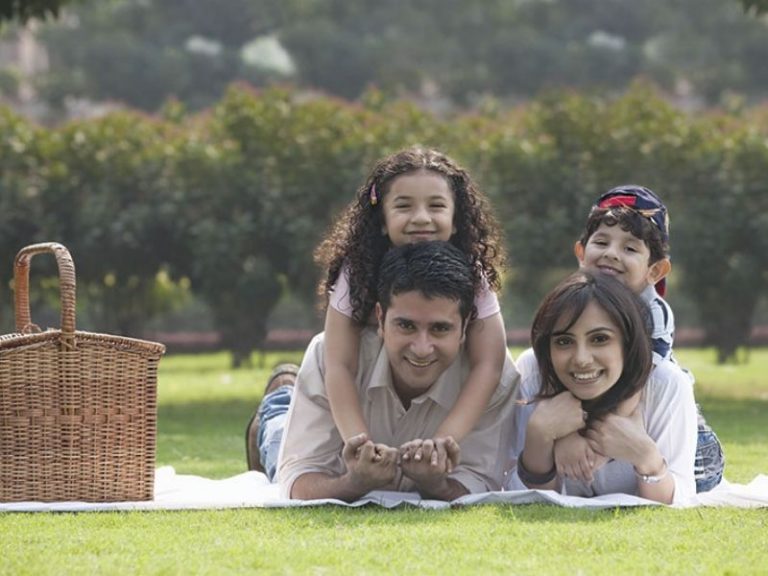Growing popularity of Slow Parenting
A social response to helicopter parents who micro-manage children’s lives by organising a host of structured activities including academic tuitions and after-school music/sports classes, slow parenting encourages children to learn, live and grow at their own pace in non-stressful environments. Aka simplicity parenting, it is increasingly finding favour with educationists, psychologists and parents worldwide – Jayalakshmi […]
0 Comments
